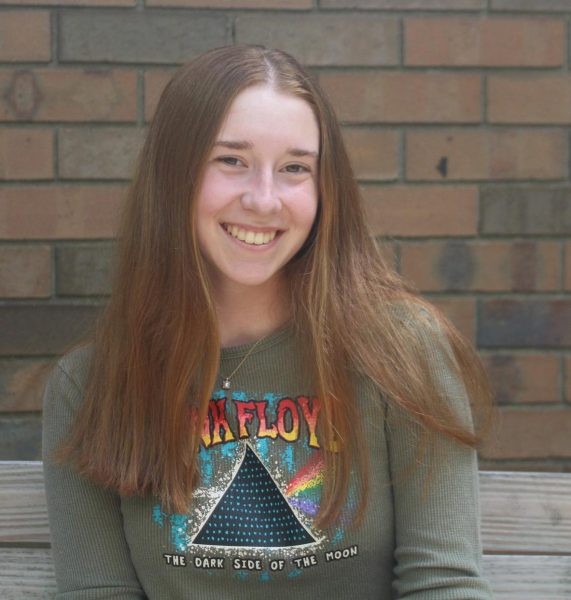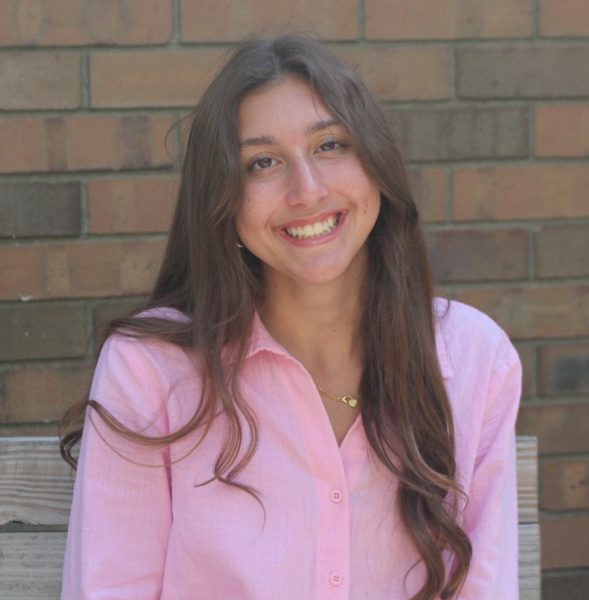The super villain in almost every real-life story is a disease in which we have yet to fi nd a cure.
Cancer.
We know cancer is bad but what exactly is it? In truth, cancer isn’t a single disease; it’s “a group of diseases characterized by the uncontrolled proliferation of cells,” according to the American Association for Cancer Research [AACR]. It can be genetic; however, risk factors include environmental factors, tobacco use, poor diet and alcohol consumption. Although we have not yet found a cure, there are several diff erent treatment options available, chemotherapy, which according to the Mayo Clinic is a “drug treatment that uses powerful chemicals to kill fast-growing cells in your body,” being the most widely known of all treatments options. As modern technology continues to develop, we hope a cure is in our near future. In the meantime, it is important to spread awareness; that way, cancer can be discovered in its earliest stages.
As stated, some risk factors for cancer cannot be avoided; for example, inheriting certain genes prone to lung cancer can put you at the same risk for cancer as a person without those inherited genes who smokes, but only one can be avoided.
Speaking of tobacco, smoking has been linked to many types of cancer. According to the American Cancer Society, “smoking causes about 20 percent of all cancers and about 30 percent of all cancer deaths in the United Sates. About 80 percent of lung cancers, as well as about 80 percent of all lung cancer deaths, are due to smoking.” Harmful chemicals such as carbon monoxide, formaldehyde and nicotine can be found in cigarettes. These chemicals can aff ect anything from the appearance of your skin to how your tissues and organs work. Once you inhale, the damage is already done as these ingredients reach your bloodstream.
Eating a healthy diet can also reduce the risk for cancer. Reducing the amount of processed foods in your diet can be helpful because there are less unwanted chemicals in unprocessed foods. Another way to lessen the amount of chemicals in food is to shop organically, as shopping organically gets rid of pesticides and chemicals that can be harmful. Aside from chemicals, consuming food high in sugar can also increase your risk for cancer because an excessive intake can cause weight gain and liver problems.
Protecting your skin from UV rays helps reduce the risk of cancer. The sun’s UV rays can be particularly damaging to the skin and lead to skins cancers such as melanoma, basal cell carcinoma and squamous cell carcinoma. The most common way people forget to protect their skin is by not using sunscreen. Everyone wants a good tan in the summer, but at what cost? A misconception about sunscreen is that it prevents you from getting tan; that is not true, so protect yourself and apply sunscreen. UV rays do not only come from the sun; in addition, tanning beds and lamps give off the same rays and can do just as much damage to your skin. The best way to protect your skin in skipping the tanning beds, using sunscreen, or staying out of the sun when the UV index is high.
Cancer is not something to be taken lightly — and neither are preventative measures. You cannot prevent cancer, but you can lower your risk by not smoking, eating healthy and protecting your skin. Not every day is guaranteed, live your life to the fullest and cherish what you have.
For more information on risk factors and preventative screenings, visit the Centers for Disease Control and Prevention’s website: cdc.gov



